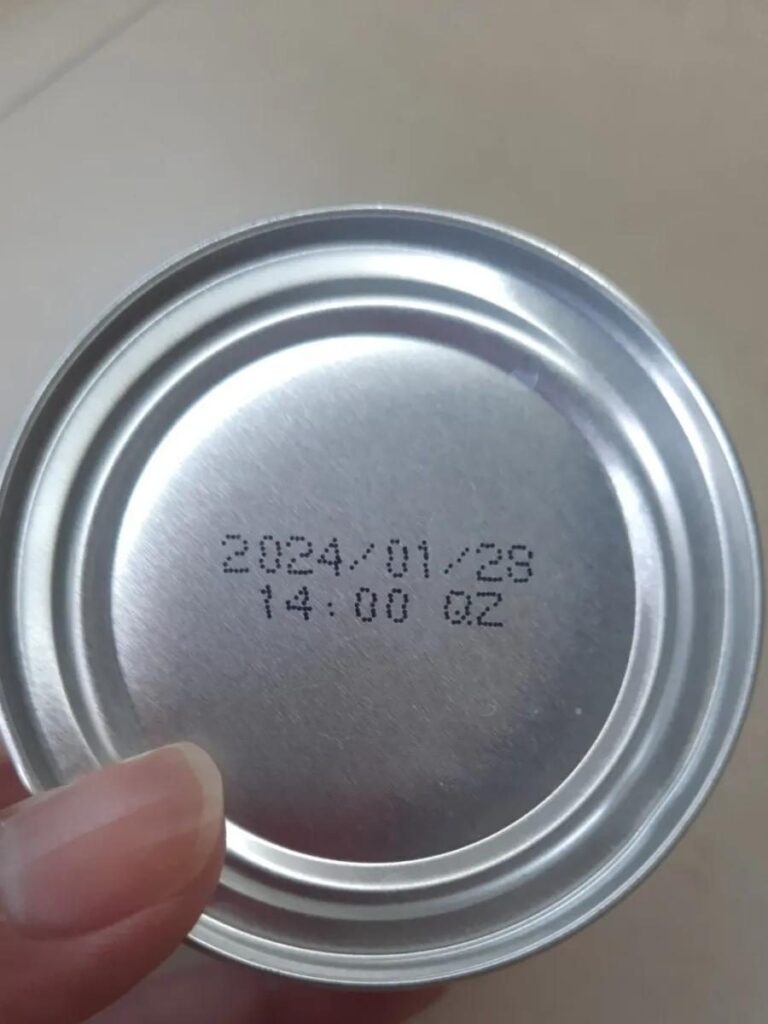Shelf Life Beyond Expiration Dates
Let’s take a closer look at some common foods and their shelf lives beyond their expiration dates:
Eggs: Eggs can remain safe for consumption up to three to five weeks after the purchase date. An easy test for freshness is the water test: Place the eggs in a bowl of water. Fresh eggs will sink and lay flat on the bottom. Eggs that float have gone bad and should be discarded.
Chicken and Meat: These items are typically safe for a day or two beyond the “Sell By” date if they have been continuously refrigerated. If you’re not planning to cook them soon, freezing is a good option. Properly frozen meats can be stored indefinitely, though their quality may deteriorate over time.
Milk: Milk often remains fresh about a week past the “Best if Used By” date, provided it still smells and looks normal. If milk develops a sour smell or curdles, it should be discarded.
Rice and Pasta: These dry goods have a remarkably long shelf life. If stored in an airtight container in a cool, dry place, they can last for years. Look for any signs of spoilage, such as unusual odors or pests.
Canned Foods: Canned goods can be safe to eat long after their expiration date, as long as the can is not damaged, bulging, or rusted. The food inside should be checked for any off smells or odd colors.
Frozen Foods: Frozen foods remain safe indefinitely at 0°F (-18°C). However, the quality may decrease over time, affecting texture and flavor. Always check for freezer burn, which appears as grayish-brown leathery spots on the food, indicating a loss of moisture.
Spotting Spoilage
While many foods remain safe past their labeled dates, it’s crucial to use your senses to detect spoilage. Signs of spoilage include:
Visible Mold: Mold growth on food is a clear indicator that it should be discarded.
continued on next page
